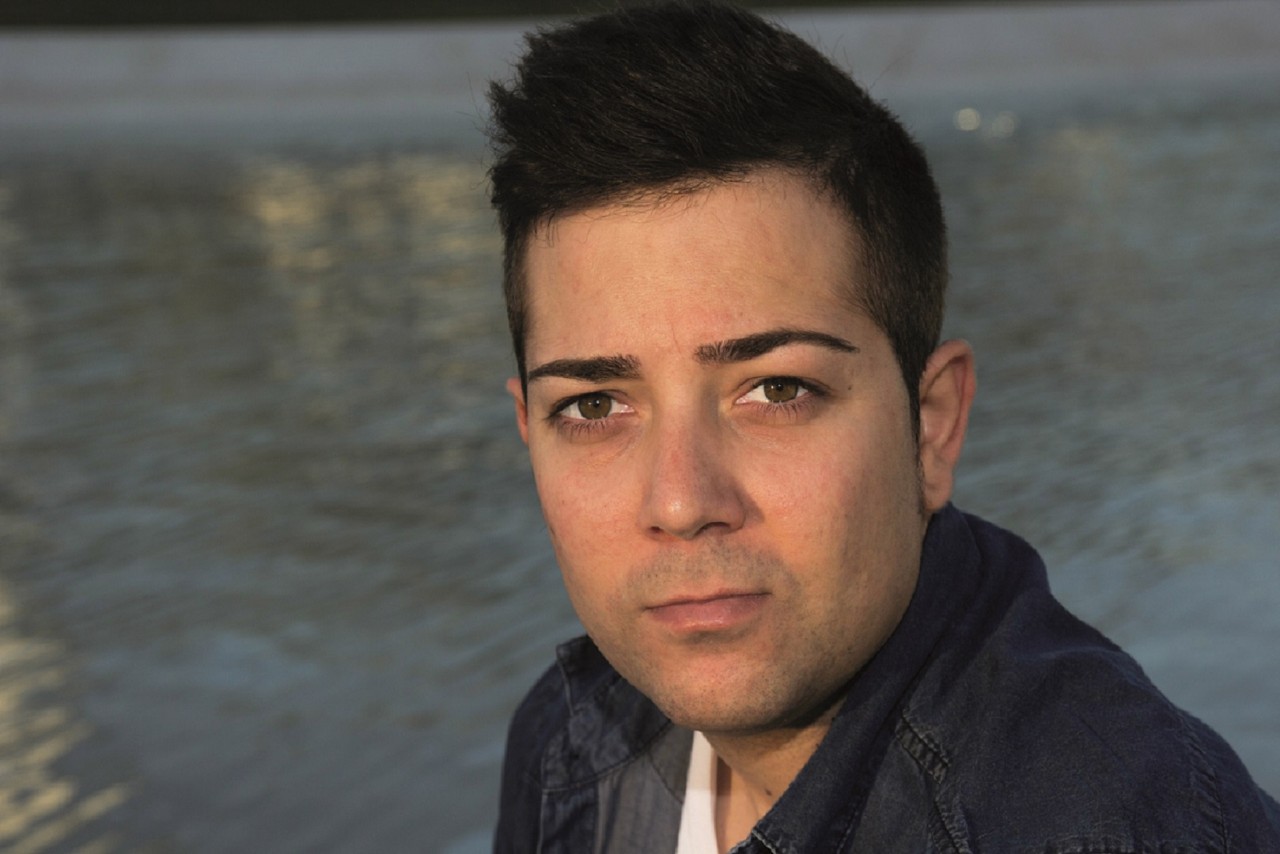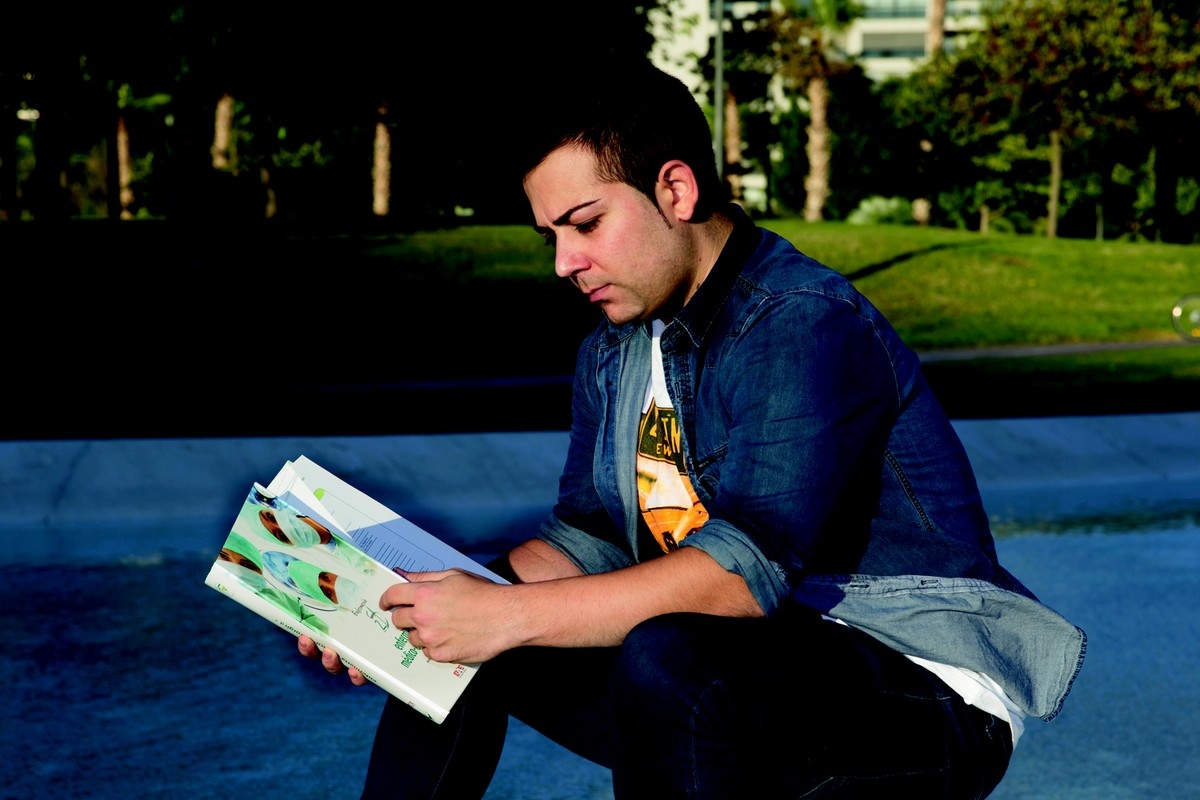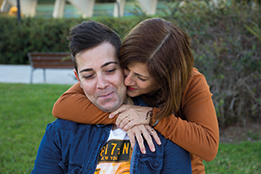The patient becomes the nurse
His doctors, however, didn’t diagnose it until he was four, suspecting it after he suffered repeated urinary tract infections from the time he was just three months old. He didn’t know it at the time, but due to his condition, the tiny blood vessels of the kidney glomeruli were damaged and he was slowly losing kidney function.
“I had a limited yet stable working kidney until I was 10. But when my father died the disease spiked and they told me I had to start dialysis”, José Luis says. His first dialysis session was scheduled on the 21st August 2001 but the day before having it he was called for a kidney transplant. “I was really scared because I was so young, but the operation went well”.
A twist of fate
Soon after the transplant, José Luis was able to lead a fairly normal life. He went to school, hung out with friends, played football. But the hormonal changes during his teenage years triggered alterations in his body that damaged his donor kidney, causing high blood pressure.
“Creatinine increased, and my kidney slowly lost its function. When hypertrophy occurred in the left ventricle due to hypertension, the doctors decided to remove the kidney and start me on dialysis”, explains José Luis. It felt like a huge setback for the 17-year-old who had just returned from a school trip to Granada.
“My school was great and the teachers helped me out a lot”, he says. On his dialysis days, his classmates would send him the lessons and homework for him to complete.
The pathway to nursing
Originally, José Luis wanted to be a doctor like his father. When going to medical school didn’t work out, he decided nursing could be an equally fulfilling profession. “I don’t regret choosing nursing for a second. I love my work. Becoming a doctor takes so long anyway and I don’t know how my new kidney would have coped”, José Luis says. After finishing his nursing studies in 2012, he began a master programme in Dialysis and Renal Transplants while also working as a substitute nurse at the Valencia NephroCare Dialysis Centre.
His perspective on his work and his patients is fascinating. After all, how does a nurse who has been a dialysis patient approach working at a dialysis centre? José Luis admits it was hard at first and he had to rely on support from the dialysis centre team while he worked through it. “It was difficult because I was very conscious of how dialysis patients feel. Now I’ve learned to not think about my own situation at work, but to focus entirely on my patients”, he points out.


